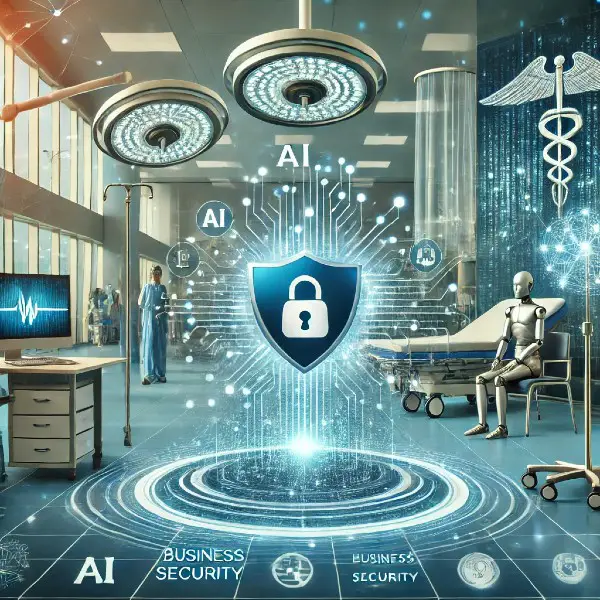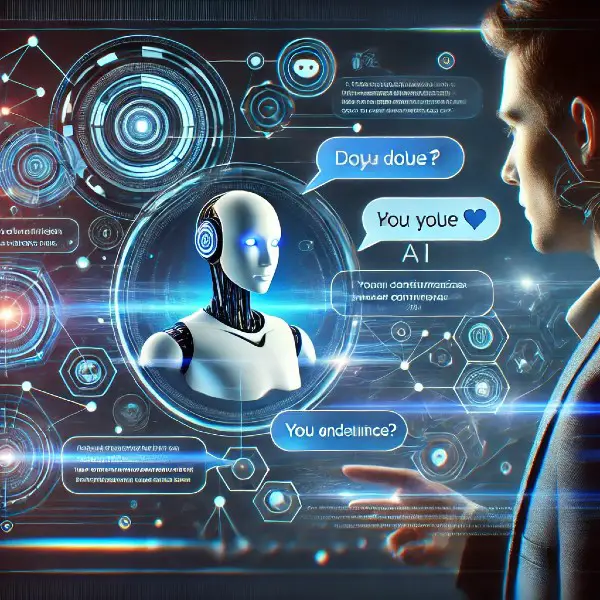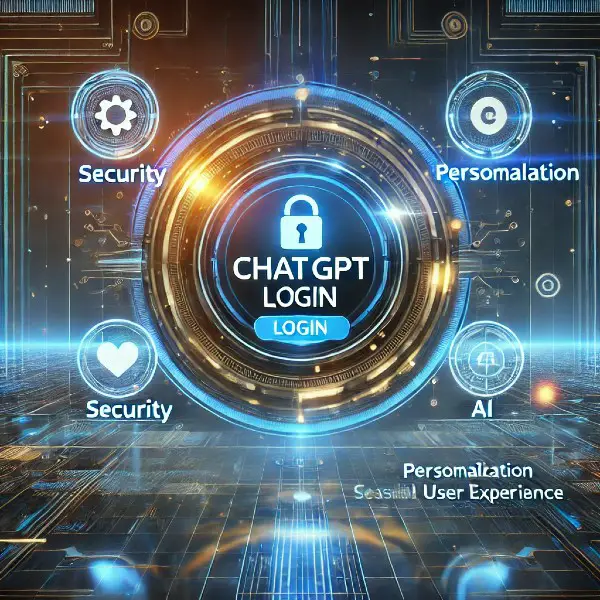AI Horizon In today’s rapidly evolving digital landscape, the integration of Artificial Intelligence (AI) into healthcare is not just a possibility but a necessity. As AI continues to revolutionize patient care, administrative processes, and medical research, healthcare organizations are also faced with the growing challenge of securing sensitive data. The intersection of AI, healthcare, and business security is where innovation meets responsibility, requiring a delicate balance between technological advancement and ethical considerations.
AI has the potential to streamline healthcare operations by automating routine tasks, enabling predictive analytics for patient outcomes, and facilitating more personalized treatments. However, these benefits come with significant security concerns. As healthcare data becomes more digitized, the risk of cyberattacks increases, making data breaches not only a technical issue but also a threat to patient trust and organizational reputation.
The Intersection of AI Horizon, Healthcare, and Business Security
The healthcare sector is a prime target for cybercriminals due to the high value of medical data on the black market. AI can both mitigate and exacerbate these risks. On one hand, AI-driven security systems can detect and respond to threats faster than human capabilities, identifying anomalies in real-time and protecting sensitive information. On the other hand, the same AI technologies can be exploited by malicious actors to launch more sophisticated attacks, creating a perpetual arms race between defenders and attackers.
Moreover, the integration of AI into healthcare business security must consider regulatory compliance. Healthcare organizations must navigate a complex web of laws and regulations, such as HIPAA in the United States, which mandate stringent data protection measures. AI can assist in ensuring compliance by automating auditing processes and monitoring for compliance breaches. However, the implementation of AI-driven solutions must be transparent and align with legal standards to avoid potential penalties and loss of trust.
As AI continues to evolve, so too must the strategies for securing healthcare businesses. Collaboration between AI developers, healthcare providers, and security experts is essential to create robust, adaptable security frameworks. The future of healthcare lies not only in AI’s ability to enhance patient care but also in its capacity to safeguard the integrity and security of healthcare data.
In conclusion, while AI presents incredible opportunities for improving healthcare, it also poses significant security challenges. The key to leveraging AI in healthcare business security lies in a proactive approach that anticipates risks, complies with regulations, and fosters collaboration across sectors. By doing so, we can harness the full potential of AI to create a safer, more efficient healthcare system.
Reference
- AI Horizon in Healthcare: The integration of AI in healthcare has reached a pivotal point, where its potential to revolutionize patient care is both exciting and daunting. According to Harvard Business Review, the AI horizon in healthcare is defined by innovations that can enhance diagnostic accuracy, streamline clinical workflows, and improve patient outcomes. However, these advancements also come with challenges related to data privacy, ethical considerations, and the need for rigorous validation of AI tools. As AI continues to evolve, healthcare systems must balance the benefits with the inherent risks.
- AI Horizon and Ethical Implications: As AI technology advances, it’s critical to address the ethical implications that arise at the AI horizon. A report by The Brookings Institution highlights the importance of transparency, accountability, and fairness in AI systems, particularly in public sectors such as healthcare. The report discusses how AI’s potential to improve efficiency and decision-making must be tempered with strong ethical guidelines to prevent biases and ensure equitable access to AI-driven innovations.
- AI Horizon and Future Opportunities: The AI horizon is not only about the current state of technology but also about the future possibilities it presents across various industries. McKinsey & Company explores how AI is poised to unlock new opportunities, from enhancing customer experiences to driving operational efficiencies. As industries navigate the AI horizon, they must remain agile and adaptable, embracing the technology while addressing the challenges it poses, such as workforce displacement and the need for reskilling.









